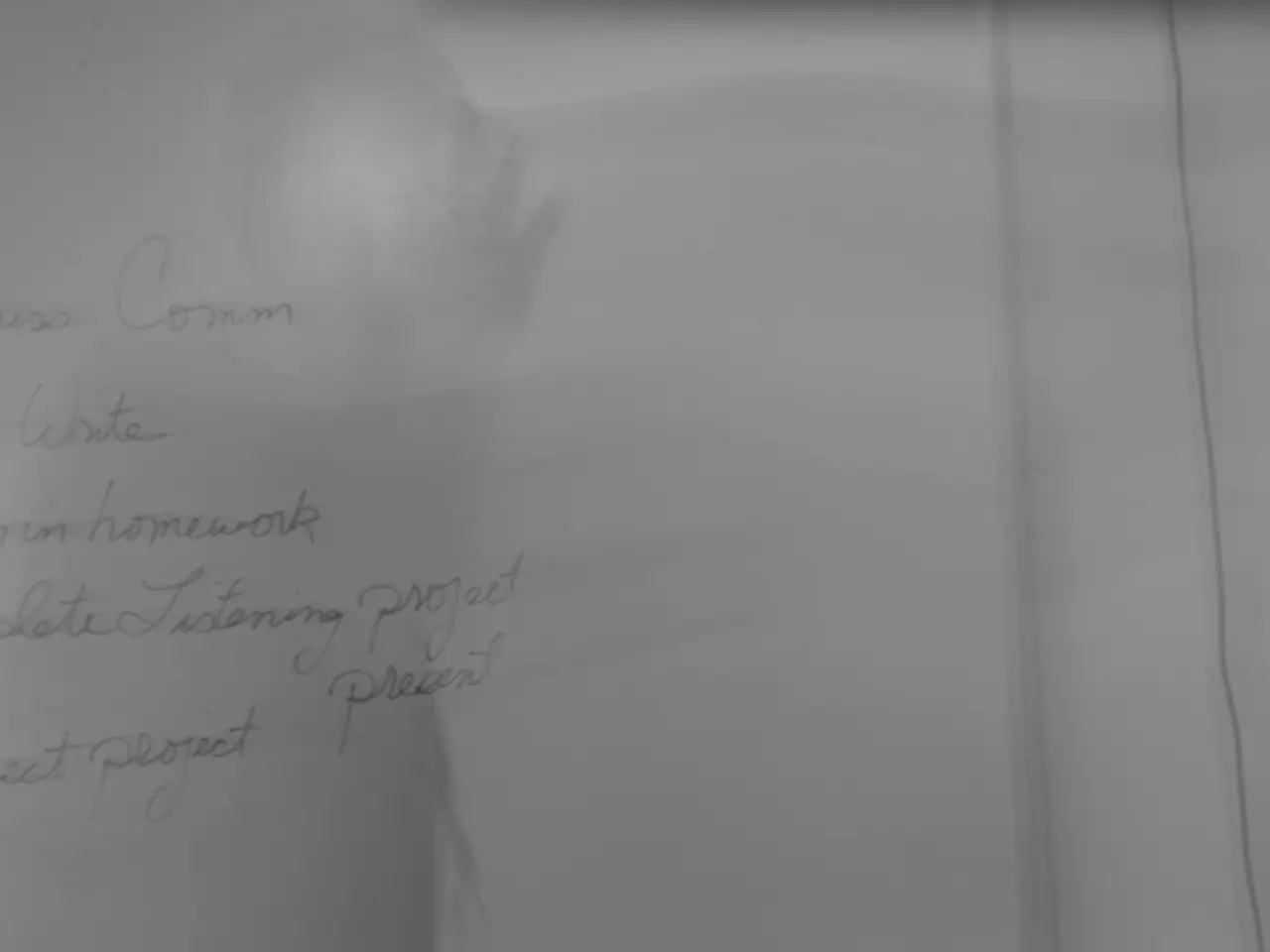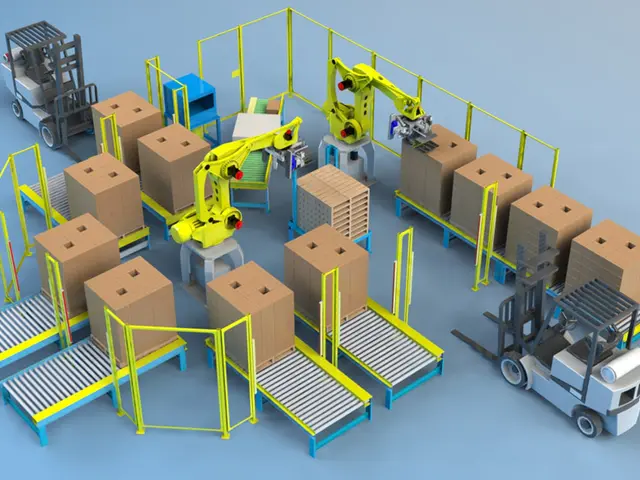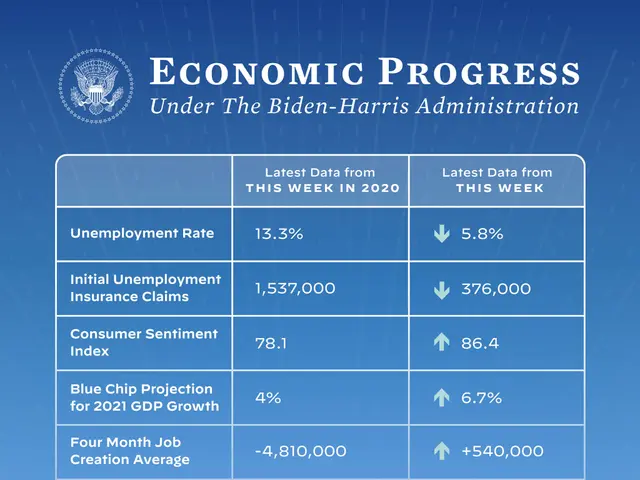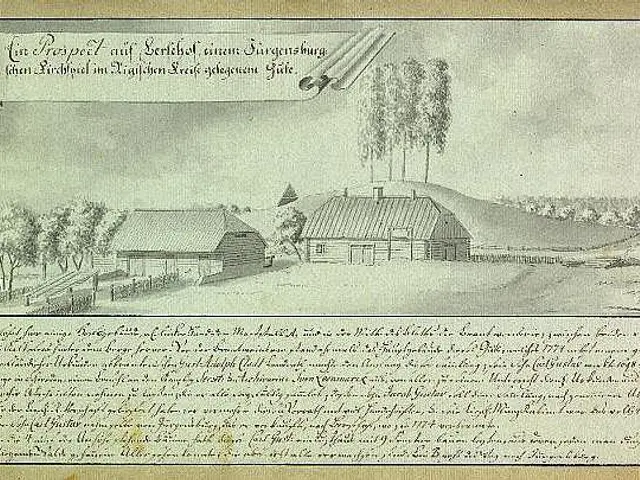Unpaid Women's Work Worth $10 Trillion: Oxfam Calls for Global Inequality Action
Unpaid care and domestic work done by women globally is valued at a staggering $10 trillion annually. Despite this significant contribution, wealth growth has not benefited the poorer half of the world's population. Instead, it has largely favoured the wealthy, with the richest one percent owning more wealth than the rest of the world combined.
The inequality is stark: in 2017, a record 2,043 billionaires saw their numbers swell, with a new billionaire added every two days. Meanwhile, developing countries lose at least $170 billion each year due to corporate and billionaire tax avoidance. The richest one percent also avoids paying about $200 billion in taxes annually through various tricks. This wealth disparity is further exacerbated by gender inequality. Women worldwide are paid less than men and are overrepresented in low-paid jobs and insecure employment. In the fashion industry, for instance, a CEO of one of the five largest companies can earn in just four days what a garment worker in Bangladesh earns in a lifetime.
Oxfam has called on national governments worldwide, including the German government, to address these structural inequalities. They urge action to reduce the gap between the rich and the poor, and between men and women. This includes addressing unfair resource distribution, legal discrimination, and socio-economic inequalities. Oxfam suggests using political advocacy, international negotiations, human rights enforcement, and social policy reforms to tackle these issues.
The vast unpaid work of women and the growing wealth disparity highlight the urgent need for action. Oxfam's call to reduce inequality is a crucial step towards a more equitable world. By addressing these structural causes, national governments can work towards a future where wealth growth benefits everyone, not just the privileged few.






